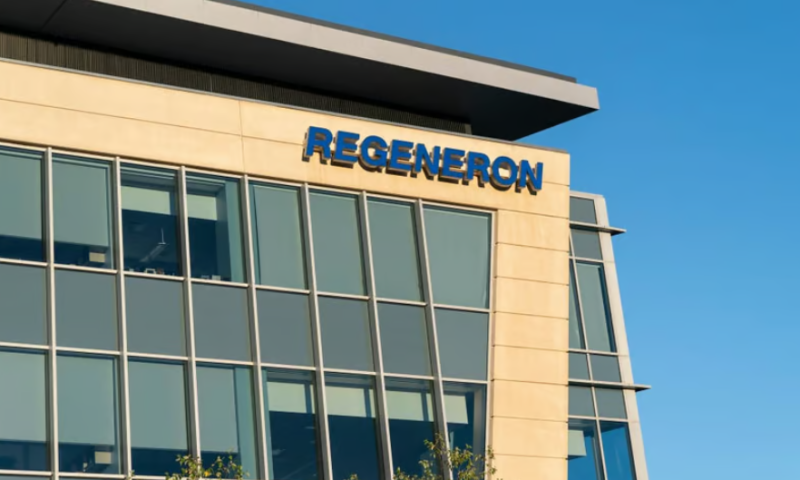Two years ago, clouds gathered over Regeneron’s blood cancer candidate odronextamab after it reported five treatment-related deaths and the FDA placed a clinical hold on studies. Now, the company is back with the data it hopes will secure approval—and has again reported five deaths linked to the therapy.
Odronextamab is Regeneron’s bid for the CD20 bispecific market, a space that AbbVie, in partnership with Genmab, and Roche are also targeting. The therapies are designed to bind to CD20 on malignant B cells and CD3 on T cells to turn the immune system against cancers. That approach has proven effective, both in people who relapse after CAR-T and in patients who have never taken cell therapies.
Regeneron rolled up at the 64th American Society of Hematology Annual Meeting armed with the latest data on its candidate. In 130 diffuse large B-cell lymphoma (DLBCL) patients who hadn’t tried a CAR-T, the drug candidate recorded a 49% objective response rate (ORR). Almost one-third (31%) of patients had complete responses (CRs). In patients who had previously received a CAR-T, Regeneron saw OR and CR rates of 48% and 32%, respectively.
The response rate is an improvement on the 40% seen in DLBCL patients in an earlier trial and is in line with the figures generated on most rival candidates. AbbVie’s epcoritamab posted a 63% ORR in LBCL, but the rest of the pack is clustered around the 40% mark.
Regeneron plans to use the data to file for approval next year, suggesting odronextamab could come to market shortly after the front-runners. The FDA is set to decide whether to approve AbbVie’s candidate in May, and, earlier this year, Roche outlined plans to seek approval of glofitamab by the end of 2022.
As odronextamab advances through the regulatory process, safety could be an area of focus. Regeneron used a step-up regimen in the first cycle of odronextamab to mitigate the risk of cytokine release syndrome (CRS) in its phase 2 trial. More than half (55%) of patients still experienced CRS, but 64% of cases were grade 1. There were no grades 4 or 5 CRS cases.
However, Regeneron again saw other types of grade 5 adverse events linked to odronextamab. In the 140-subject safety data set, there were five treatment-related deaths. Three of the patients died from pneumonia, while the other two deaths were split between COVID-19 and pseudomonas sepsis.

